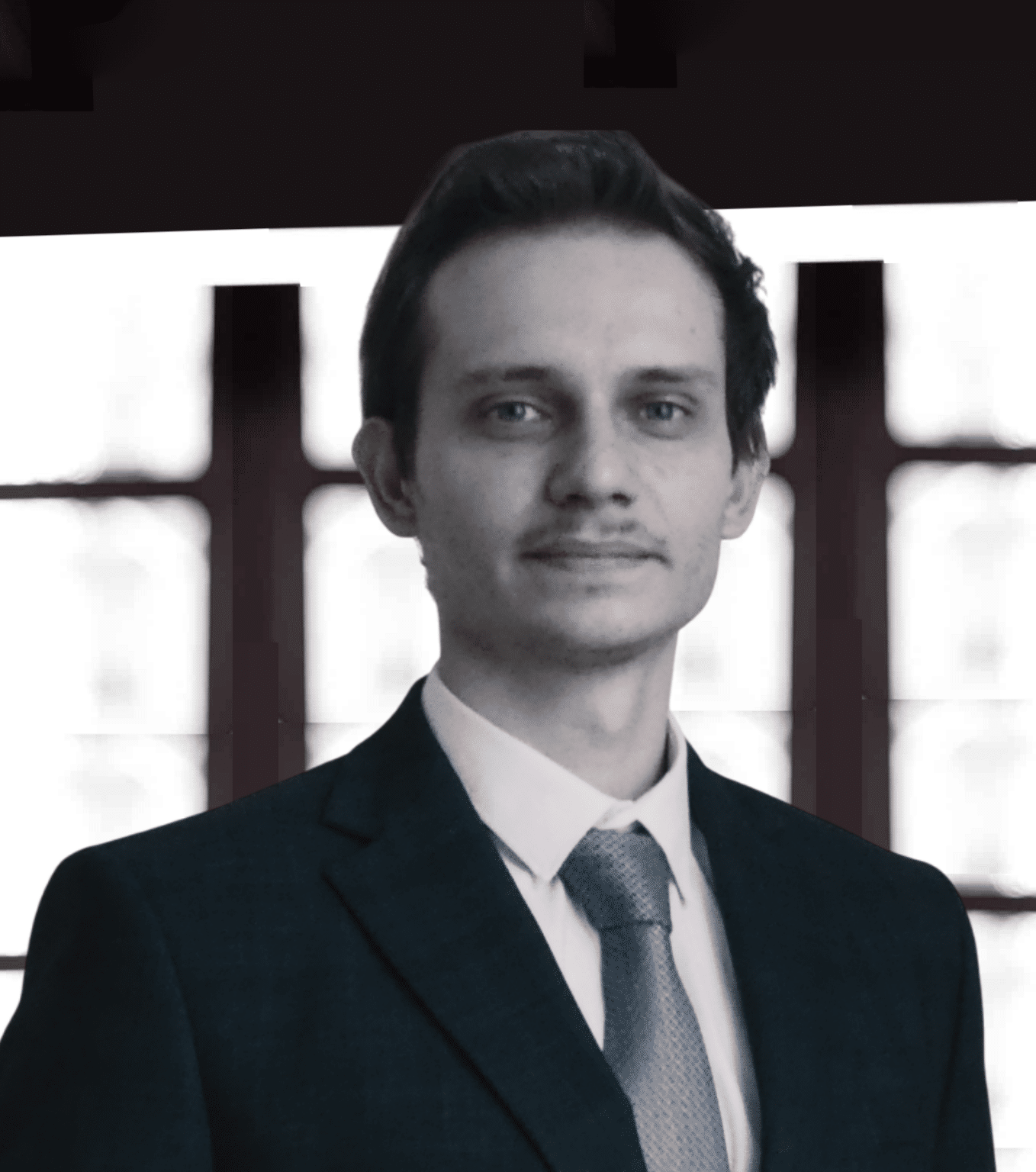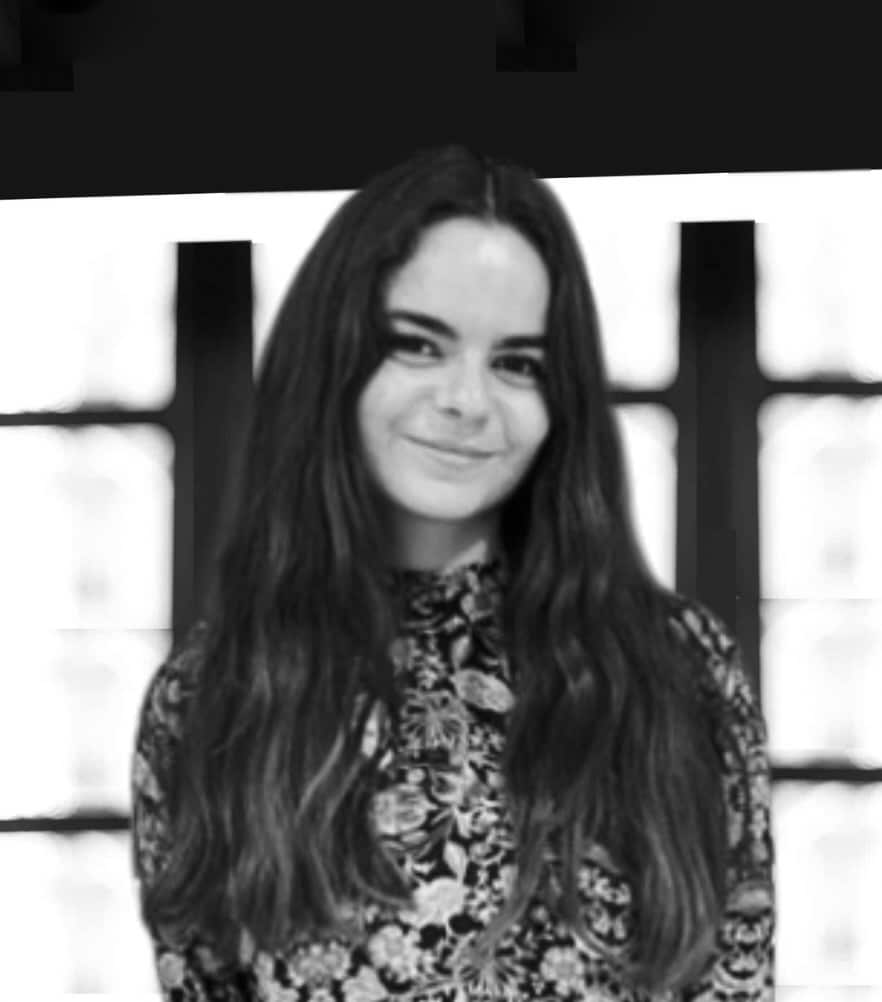Aymeril HOANG Head of Innovation, Société Générale [vc_btn title= »Download the article » style= »outline » color= »blue » align= »right » i_icon_fontawesome= »fa fa-file-pdf-o » add_icon= »true » link= »url:http%3A%2F%2Fconfrontations.org%2Fwp-content%2Fuploads%2F2016%2F07%2FInterface-105-EN_SG.pdf||target:%20_blank »] Html code here! Replace this with any non empty text and that's it. The Silicon Valley can seem to embody technological progress, and for European actors it is tempting to try to replicate the achievements of the US. However, Europe has already acquired good assets for innovation of its own, such as its diversity, hubs and diversified ecosystems. We should seek to further develop these existing resources and structures. We need to try to understand what type of future we have ahead of us. Doing so is a big challenge but is central. FNC chips, which can be implanted under the skin, constitute a good example of the uncertainty of the future. These chips could replace people’s badges for the cantina, our transport passes, as well as credit cards, passports, manual house
Ce contenu est réservé aux abonné(e)s. Vous souhaitez vous abonner ? Merci de cliquer sur le lien ci-après -> S'abonner












